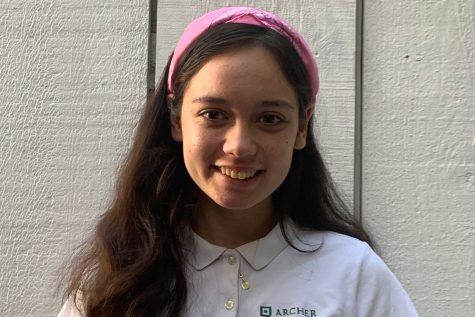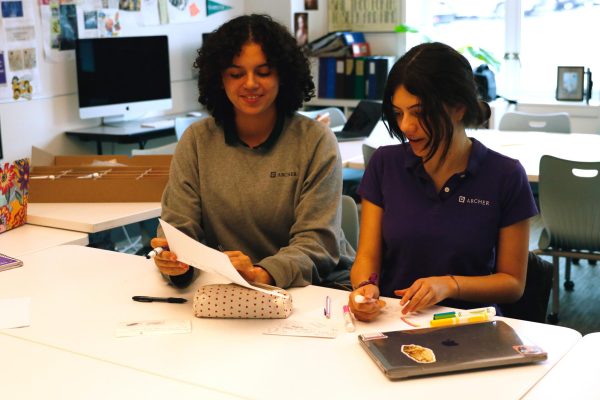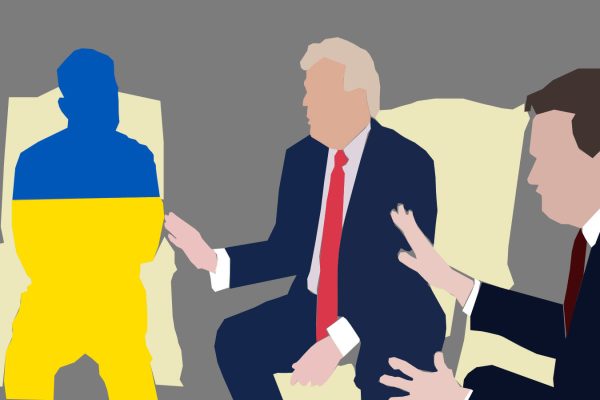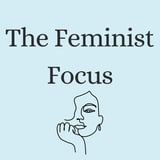‘It gave my mind back to me’: UCLA OCD program changes lives one kid at a time
Photo credit: Rio Hundley
At UCLA’s Intensive Outpatient Program for OCD (IOP), patients are exposed to things that trigger their OCD. “The items [above] could be triggering for patients with … OCD for different reasons, depending on the symptom cluster represented by the given object. For example, patients with OCD may worry about harming loved ones, and may therefore avoid objects like the large knife in the photo that could cause harm to others. .. OCD manifests differently in each person, though specific symptoms can overlap between patients,” IOP therapist Beth Moroney wrote in an email.
Though UCLA is known for its sports teams and academic rigor, it also changes the lives of young people in less traditional ways. UCLA’s Adolescent OCD Intensive Outpatient Program (IOP) has helped hundreds of young people living with Obsessive Compulsive Disorder (OCD).
Though the program has a large impact, the staff is small. IOP employs 12 therapists, along with Assistant Director Dr. Sisi Guo and Program Director Dr. Lindsay Bergman.
OCD is a mental health disorder that can begin at any age. The National Institute from Mental Health (NIHM) defines OCD as a “common, chronic and long-lasting disorder in which a person has uncontrollable, reoccurring thoughts (obsessions) and behaviors (compulsions) that he or she feels the urge to repeat over and over.”
However, Peyton Saks, a two-time graduate of IOP (once at age 10 and again at age 14), said that the disorder can’t truly be explained.
“It’s not like [having] the flu or [having] a sprained ankle,” Saks said. “You can’t really explain it, and you can’t really relate it to something that someone else has felt.”
IOP treats children and adolescents like Peyton with severe cases of OCD, which, according to Bergman, can have a negative impact on everyday life.
“If the OCD’s bad, then their lives fall apart,” Bergman said. “Their grades tank, and they can’t have friendships and all of that.”
Jim Howard*, a parent who was interviewed on his son’s first day at the program, said that OCD is especially difficult when it appears in children.
“I think adults might be able to kind of hide it better, by just controlling their own lives, ” Howard said. “Although they may be negatively impacted, they may be able to control it or hide it, if you will. [Kids] are in school, they’re at home, they’re sharing small spaces; [my son] shares a bathroom with his sister in a small house, with other family members. There’s nowhere for him to hide.”
In order to help kids who are suffering, IOP uses Exposure and Response Prevention therapy (ERP).
“Exposure Response Prevention [is] very different from other types of therapy,” Guo said. “It is putting you in some distressing situations, oftentimes triggers for your OCD, and the goal for [ERP] is to help kids with OCD understand that they can face the triggers that make their anxiety go up without doing the compulsions, and that they can start to feel better on their own.”
These “exposures” force the kids to face the things that they are most afraid of, like contamination, sexual promiscuity or dealings with the devil, in order to find a healthier way to cope with their anxiety and to realize that the things that they’re afraid of can’t really hurt them.
“I remember [I] was so scared to go into a hookah bar,” Saks said. “And you get there and you sit down, and [you think] ‘Oh, what was I scared about?’ It truly proves to you that it’s all in your head.”
Saks said ERP seemed “scary” when she first came to IOP. However, there is a sense of openness and “hope,” that surrounds those first days, according to both patient Saks and parent Howard. Howard and Saks, as well as Guo and Bergman agreed: OCD is difficult for the whole family.
“I am so relieved to be here,” Howard said. “There’s been so many times when I’ve thought, ‘Oh my god, what’s going to happen to [my son]? He’s just this innocent kid, and I’m seeing all the rough patches ahead.’ But I’ve been feeling a little more hope with him, especially because of this program. He can totally make some impact on it for the first time.”
Saks also said that this hope is not unfounded. In order to prove the drastic change that occurs throughout the program, she recalled a moment of extreme anxiety from her early years.
“My mom actually has a video of [me where] I was crying, asking [her] if I could touch my foot,” Saks said, “The fact that I was in such a bad place and so nervous about everything that … I was scared to touch my foot without my mom’s permission or reassurance — that video breaks me every time.”
Saks is “grateful” to IOP, and calls the experience “life-changing.”
“IOP gave my mind … back to me,” Saks said. “And even my family…[IOP] gave that sense of normal and peace back to all of us.”
However, the program is not just impactful for the patients. Bergman said that treating kids is only one half of IOP’s mission.
“There aren’t enough places where people [can] get training for how to treat OCD, so I think it’s almost as important for the training aspect for the therapists,” Bergman said.
Saks said the therapists make what the kids jokingly call “torture” strangely “fun.”
“Every single time I walk in there, I get chills,” Saks said. “It’s such a place of hope and joy for me, even though that’s the room where I’ve had the most distress. I think a lot of it has to do with the environment that they’re able to create. You really know how much they care [and] want to help you. It’s a place where you feel so at home, even though you’re doing stuff that … you don’t want to do.”
Bergman said that this environment is created by a sense of “vulnerability” from the professionals themselves.
“You’re asking the patient to just be so vulnerable and to share these personal things about OCD, and they believe those things that make no sense… even though they kind of feel so stupid about it,” Bergman said. “To just do all that, and if you’re going to remain…almost inhuman about not sharing who you are, I think there’s something really odd about doing that. It just doesn’t feel natural.”
Over her 16 years serving as director, Bergman had many insights about OCD and those who suffer from it. All of her patients agreed: The media has “a long way to go” in portraying OCD accurately and compassionately.
“I realize when I mention it to people, they think of that one movie [As Good as it Gets],” Howard said. “[They think,] ‘Oh, they have to wash their hands a lot.’ Kind of like it’s this annoying, … quirky little habit. But what we don’t realize is the mental anguish it causes.”
Saks echoed this sentiment, saying when she sees OCD portrayed on the screen, “they play the laugh track over it.”
“The media portrays it so much as something that’s just one singular thing: [they say], ‘You only have OCD if you want to wash your hands all the time’ … But it doesn’t portray it as something that can take the form of anything,” Saks said. “A lot of people don’t know what OCD is, and if that’s what they see as OCD, they [think] ‘Oh, it’s nothing.’ [I’m] living proof that it’s definitely not nothing, and it’s not funny, and it’s not a butt of a joke.”
Truly understanding OCD is what connects Howard and Saks, though they’ve never met. In Saks’ words, “those people [the professionals, parents, and fellow patients] become your family.” Saks and Howard are just two members of the giant family brought together by UCLA IOP.
“I’ve said it a million times, but I’ll say it forever until I die: that place has given so much to me and given so much back to me of what I had before I was diagnosed and was suffering with it,” Saks said. “I do not know what I would do without those people. I don’t know what I would do without the Lindsay Bergmans of the world.”
*Name has been changed as requested by the source due to privacy concerns.

Rio Hundley was involved in the Oracle from 2017-2021. She graduated in 2021. She was promoted to Sports Editor in 2019 and became Features Editor in 2020....



![At UCLA's Intensive Outpatient Program for OCD (IOP), patients are exposed to things that trigger their OCD. "The items [above] could be triggering for patients with ... OCD for different reasons, depending on the symptom cluster represented by the given object. For example, patients with OCD may worry about harming loved ones, and may therefore avoid objects like the large knife in the photo that could cause harm to others. .. OCD manifests differently in each person, though specific symptoms can overlap between patients," IOP therapist Beth Moroney wrote in an email.](https://archeroracle.org/wp-content/uploads/2019/04/IMG_0792-900x675.jpg)








